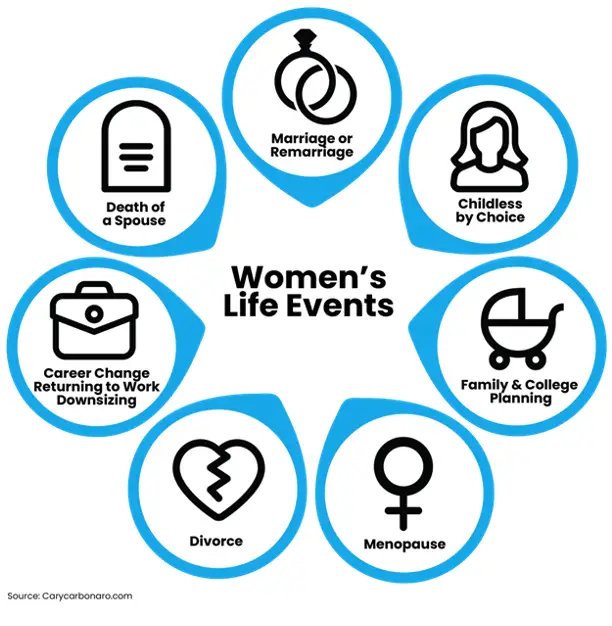This article was originally published in ACM Wealth
With the collapse of Silicon Valley Bank (SVB) and Signature Bank in less than 48 hours, there is certainly cause for pause. SVB represented the second-largest bank failure in U.S. history—understandably, there is plenty of fear and confusion in the financial system and among individuals who want to protect their hard-earned savings.
I am hearing concerns reminiscent of the ’08-’09 financial crisis: Is my cash safe? Will my bank fail? What is FDIC insurance? At the heart of these questions is a fundamental worry about being able to pay bills and access cash when needed.
What Is the FDIC and What Does It Cover?
The FDIC, or Federal Deposit Insurance Corporation, was launched in 1933 during the Great Depression to safeguard customer deposits and prevent bank runs. It insures up to $250,000 per covered account type.
FDIC insurance only applies to deposits at covered banks, including funds deposited in the following:
- Checking accounts
- Savings accounts
- Certificates of deposit (CDs)
- Money market accounts
In practice, you could have a savings account up to $250,000, a trust account up to $250,000 and an IRA up to $250,000 in one bank, in which case you would have $750,000 covered by FDIC insurance.
FDIC insurance does not cover the following assets, because they are not considered deposits—even though you might buy them through your bank (however, some might be covered by SIPC insurance):
- Contents of safety deposit boxes
- Investments in stocks, bonds or Treasury securities, such as T-notes
- Investments in exchange traded funds (ETFs) or money market mutual funds
- Insurance products, such as annuities
Where Is Cash Safe?
SVB catered to tech startups, and given the size of its clients’ accounts, 90% of its deposits were uninsured by FDIC. Fortunately, the Fed announced an emergency bank term funding program to backstop depositors and prevent contagion to other banks, even protecting uninsured depositors.
The situation is a bit different for individuals with cash savings in the bank, for whom the FDIC insurance guidelines currently apply.
Given concerns about the safety of cash, many people may pour money into the big four banks—JPMorgan Chase, Bank of America, Citibank and Wells Fargo. But don’t expect these institutions to increase interest rates, as they are flooded.
As you diversify your cash allocations, look to super-regional banks that may pay higher interest rates to attract your dollars. Another option is Treasury Bills (T-bills), which are attractive for their return potential and low risk profile, with no limit on the quantity you can buy.
As you are evaluating where to put your cash, you can check on the health of a given bank or credit union using the Weiss Safety Ratings. With grades spanning from A (excellent) to E (very weak), the Weiss system is similar in purpose to credit ratings, designed to help consumers find the best institutions to entrust with their savings, retirement funds or insurance premiums. The higher the rating, the more likely the institution will remain financially stable in good times or bad.
Where Do We Go From Here?
First, don’t panic. This is not the 1930s or 2008-2009. We have safeguards in place to prevent consumers from losing their cash. What has transpired in the past few days is projected to halt or at least slow down the Fed’s fast and furious rate hikes, which can bring further stabilization to the markets.
As always, your ACM Wealth Advisor is here to address any questions or concerns you may have—and discuss your cash management strategy, evaluate opportunities with T-Bills and plan for your broader financial goals.




